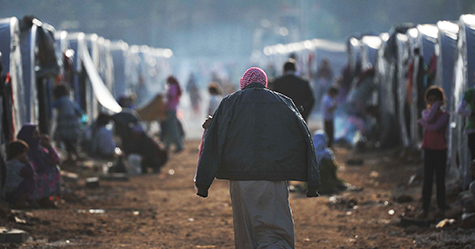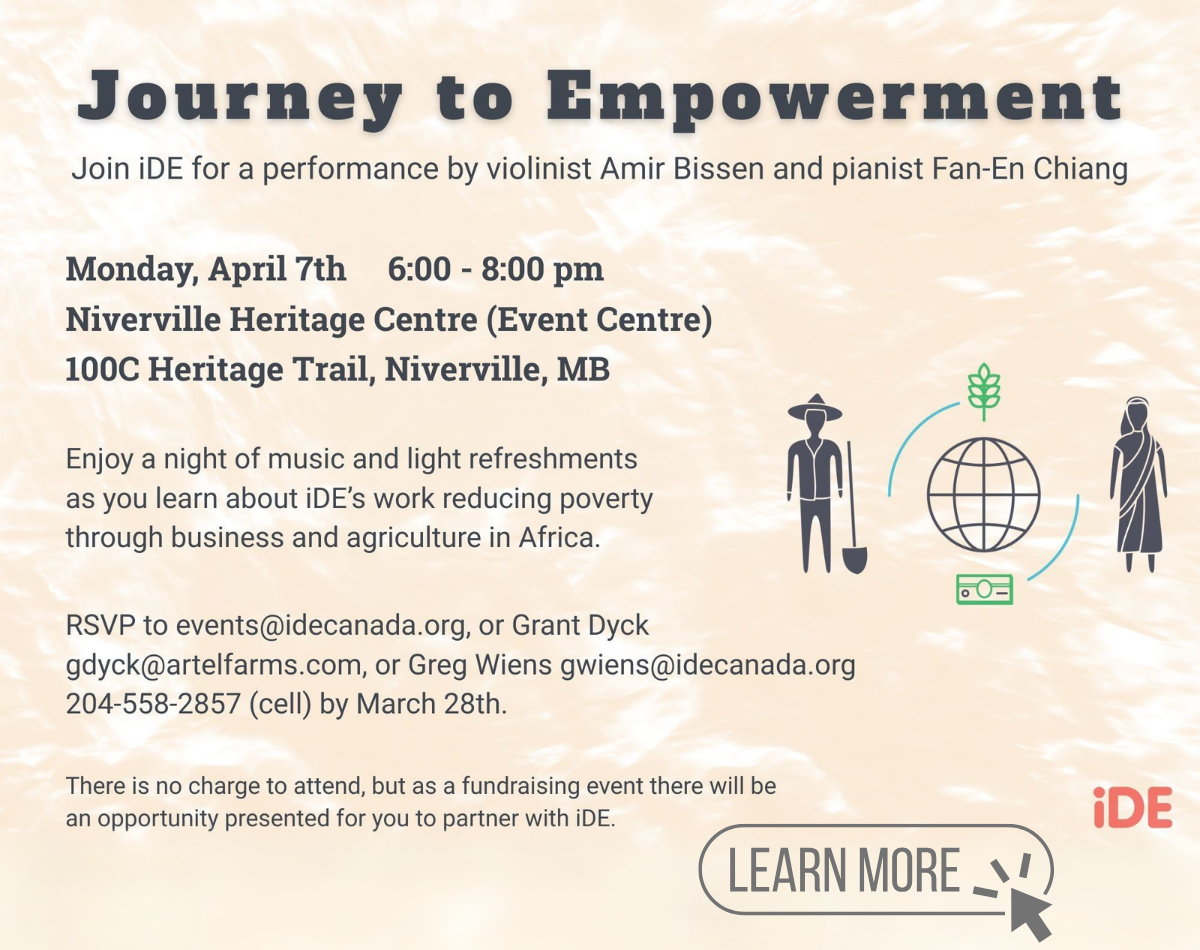
A recent United Nations report states that one of every 113 persons on our planet is a refugee, is seeking asylum, or has been displaced. Over 65 million people find themselves in one of these categories. The evening news brings the reality into our homes with images of kids in tattered clothes, adults carrying worn suitcases, and families living in the kind of emergency shelters we might use for a weekend campout.
I’m not sure about you, but when I think of people living in these kinds of conditions, enjoying a Canadian thanksgiving feels immoral. How can I sit down to a thanksgiving meal with my family, sharing in the joy of abundance, when I know that so many in our world have precious little for which to be thankful?
I guess my feelings are not unlike survivor guilt. This is the kind of guilt we might feel when we survive a traumatic event which results in another person’s serious injury or death. Survivor guilt torments us with questions like “Why you and not me?” and if we’re not careful, it can take us down a dangerous road into feelings of helplessness, depression, substance abuse, and even suicidal thoughts.
How then do we cultivate thankfulness in a way that’s respectful and compassionate to those in need, while not slipping into the mess of pain associated with survivor guilt? Here are three ideas for you to consider.
First, serve. We can’t change the fact that 65 million people are displaced, but that does not mean that we’re powerless. We can visit someone in need right here in our area. We can sew a blanket at the MCC knowing that the work of our hands may one day find its way to the shoulders of a person in a refugee camp. We can join Open Doors, a brand new refugee support group in Niverville committed to bringing refugees into Manitoba (see their Facebook page below).
Second, share. Break the power of greed in your life by freely giving of your time, money, or possessions to someone in need. Take some friends to Siloam Mission and make a meal. Sponsor a child and literally change a life.
Third, practice thankfulness daily. I have a friend living with a terminal illness. She begins each day with a list of reasons to be thankful. It sounds crazy, and yet it’s incredibly empowering to know that even when life is hard, we still have the power to choose our response.
Holocaust survivor Victor Frankl once wrote, “Forces beyond your control can take away everything you possess except one thing: your freedom to choose how you will respond.” This thanksgiving, let’s make the choice to be thankful.


















